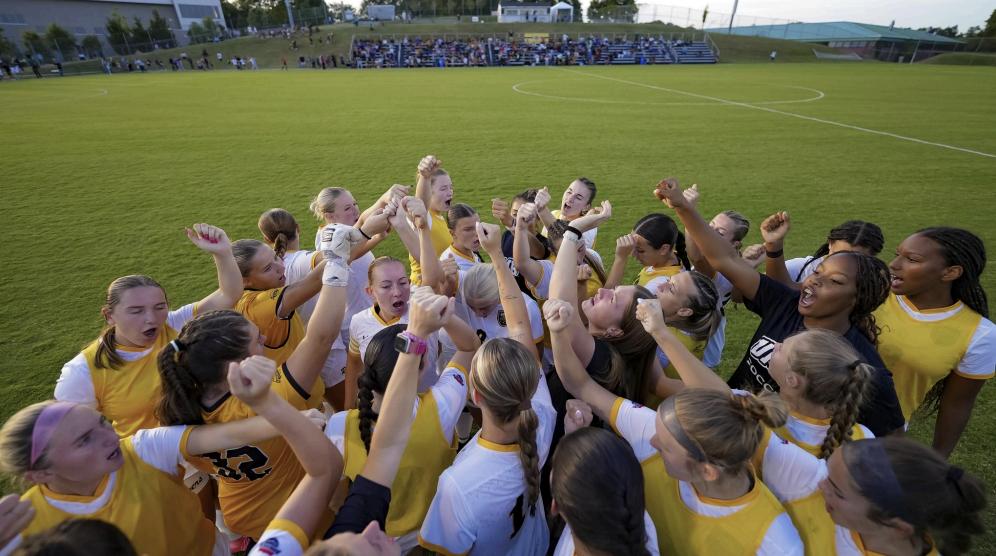Whether it be high school students posting videos of themselves saying the n-word or politicians saying racist remarks in speeches, the United States has seen an uptick in hate crimes and hate speech in recent years. The state of Maryland is no exception. It is for that reason that Senator Shelly D. Hettleman, D-Baltimore, sponsored SB0220, a bill that would allow judges to assign anti-bias education to hate-bias offenders.
Senator Hettleman’s bill would require the University System of Maryland to create the education programs. The bill first passed the Maryland Senate in 2020, but due to the General Assembly’s shortened session — as a result of the COVID-19 pandemic — it did not pass the MD House. Senator Hettleman, explained that this year, the bill was “cleaned up” by including definitions of gender identity in hate crimes, and after passing the Senate earlier this week it is now in the House for a second time.
“The [provisions in the] bill can’t make judges do anything,” explained Senator Hettleman. “But if you put something on the table … judges might be open to incorporating [anti-bias education] into a sentencing.”
Senator Hettleman also discussed the effectiveness of “restorative practices” in criminal cases.
According to the non-profit public policy research organization the RAND Corporation, prisoner education and training programs eases the transition from incarceration to release, and especially improves “employment outcomes.”
Senator Hettleman believes the bill is crucial if Maryland wishes to curb the rise in hate crimes across the state. According to the 2019 Maryland hate bias report, verified hate bias incidents have been trending upwards since 2010, ranging from 50 to 183 reports per year. The number of unverified incidents grew at a much greater rate, ranging from 100 to 398 reports per year.
In 2019, 80.2 percent of reported hate bias incidents were in Anne Arundel, Baltimore, Howard, and Montgomery counties. 69 percent of the incidents were filed as Race/Ethnicity/Ancestry related, 53.6 percent of victims were black and 32.4 percent of victims were white (the two largest subcategories), while 10.6 percent of offenders were black and 47 percent were white, according to the 60.6 percent of reports identifying racial identity.
34.2 percent of reports occurred at an academic institution. According to the 2020 UMBC Annual Security and Fire Safety Report, 3 hate crimes were filed in 2016, 1 in 2017, 3 in 2018 and 0 in 2019. In 2017, The Retriever noted “unusually high number” of hate crimes on UMBC’s campus.
UMBC defines a hate crime as “a criminal offense that manifests evidence that the victim was intentionally selected because of the perpetrator’s bias against the victim,” and reports them under the provisions of the Clery Act.
A more nationally recognizable hate crime that occurred in Maryland was the killing of Richard Collins III on the University of Maryland, College Park’s campus in 2017. Collins III’s murder was the first federally-reported hate killing on a university campus since 2005, according to a 2018 report in The Chronicle. UMD’s zip code in Prince George’s County also reported the highest number of hate bias incidents in Maryland in 2019.
In regards to the increase in hate crimes and Senator Hettleman’s bill, University System of Maryland Communications stated that “The USM is aware of the proposed legislation and is still reviewing its provisions to see how we might be involved in its implementation if passed.”
Hettleman’s bill is not the most recent attempt on curtailing the rising incidents of hate crimes in Maryland. In October 2020, the Maryland hate crime statute was adapted to “include crimes motivated either in whole or in part by hate bias.” The legislation was named in honor of Collins III.
“[We want] to get on the early side of their engagement in a crime,” explained Senator Hettleman.
If you have an incident to report to UMBC Campus Police, call (410) 455-5555 or file a complaint form, available at police.umbc.edu.
